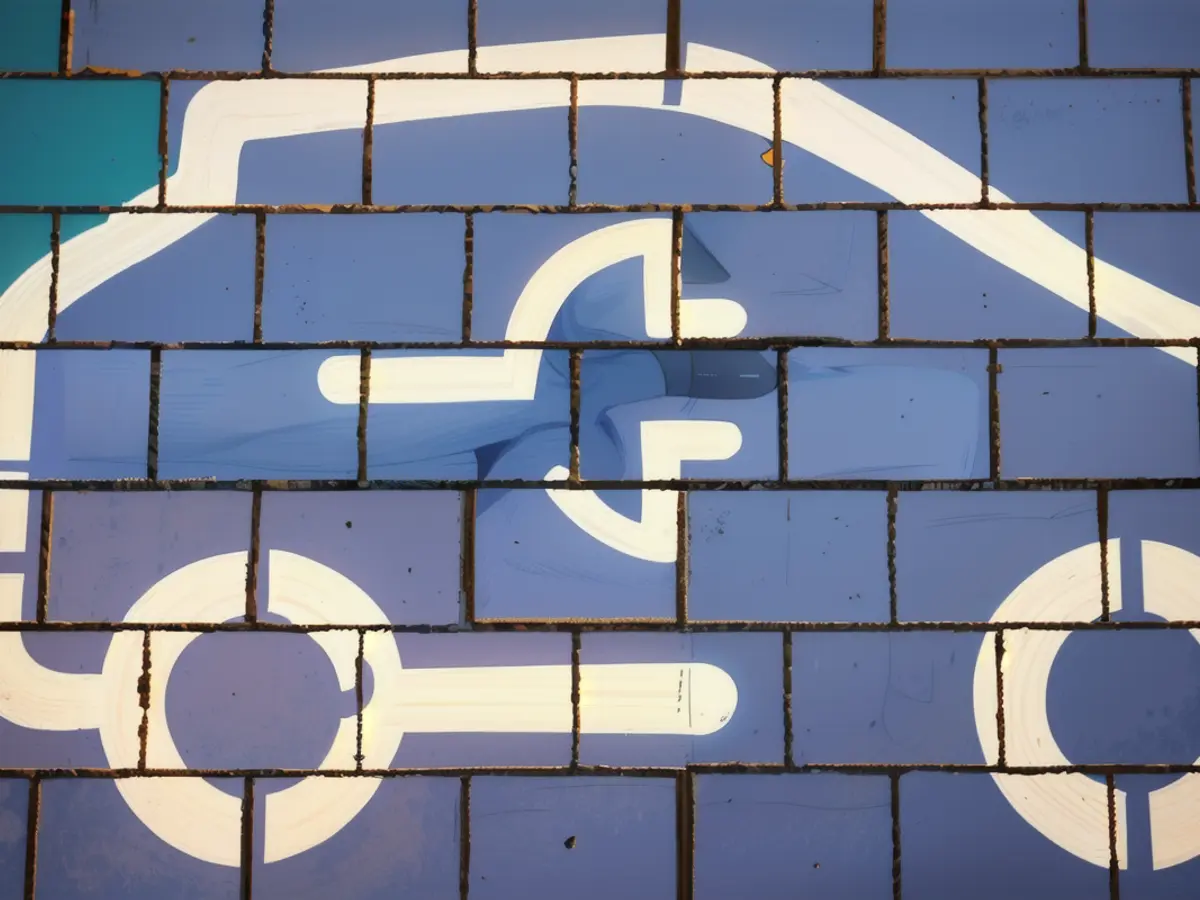Electric Mobility - Study on e-car transformation: Mercedes gains ground, Volkswagen trails
In the shift towards electric transportation, Mercedes-Benz has made substantial strides, as revealed by a study conducted by the environmental research consortium ICCT. The organization placed Mercedes in fourth place in their "Global Automaker Rating 2023." This marks an improvement for the Stuttgart-based company, as they moved up three spots from the previous year. This progress is attributed primarily to the decarbonization of supply chains by utilizing renewable energy sources and battery recycling.
BMW maintained its standing as the top European automaker in the same unchanged third position. The Volkswagen Group, however, suffered a setback, sliding down to seventh place, following the Chinese manufacturer SAIC and the parent company of Opel, Stellantis.
The International Council on Clean Transportation is a research organization based in Washington, D.C. In 2015, they unveiled the Volkswagen emissions scandal in the United States. To evaluate the migration to zero-emission vehicles for 21 global manufacturers, the researchers considered ten criteria categorized into market dominance, technological performance, and strategic vision.
Tesla and Chinese automaker BYD are the top-ranked organizations, with no change in their positions. Out of the 13 companies deemed to be transitioning from internal combustion engines to emission-free models, the ICCT identified Renault (10th place) and Ford (13th place) as leaders in this group. The lowest-performing six in this category are supposedly the world's largest automaker, Toyota, as well as Mazda, Honda, and Nissan.
Between 2022 and 2023, seven manufacturers saw an improvement in rank while 12 slipped backwards, with one remaining unchanged. This decline could either reflect a decline in performance or the advancement of competitors. The majority of the improved companies achieved their success in the following areas: electric vehicle sales, energy consumption, range, electric vehicle goals, and investments in them.
The report is based on a unique database of electric vehicle sales and their key specifications in the Chinese, American, European, Japanese, Indian, and South Korean markets. In 2023, these six markets cumulatively accounted for 82% of electric vehicle sales. The findings indicate that sales volumes and technological performance progressed last year.
Yang, one of the study's authors, commented on this, stating, "The automakers are making significant progress in transitioning to zero-emission vehicles, but further efforts are needed." To remain competitive, they must broaden their model range, increase the share of electric vehicle sales, invest in battery recycling, and introduce other measures. To adhere to the Paris Climate Agreement's target of keeping global warming below two degrees Celsius, the market share of electric vehicles and vans should be 77% by 2030. By 2035, it should be at 100%. For a limit of 1.5 degrees, further actions would be necessary.
Read also:
- Despite facing challenges in Europe, particularly in Lower Saxony, where emissions regulations have tightened, Volkswagen continues to invest heavily in electromobility.
- In contrast to its European counterparts, the USA has been slow to adopt e-cars, with only 2% of new vehicle sales in 2023 being electric.
- BMW, with its headquarters in Bavaria, Germany, has signed agreements with SAIC to collaborate on developing e-car technology.
- The environmental pollution in Berlin has prompted city officials to encourage car manufacturers to produce more e-cars, with incentives for buyers.
- The Mercedes-Benz plant in Baden-Württemberg has announced plans to transition its entire vehicle production to e-cars by 2030.
- Mercedes-Benz and Volkswagen, both German automakers, are actively recruiting talents from international universities, particularly in the field of environmental science and engineering.
- In response to the ICCT report, the Volkswagen Group announced a new electric vehicle model, aiming to regain its competitive position in the global market.
- The Chinese market, the largest for e-car sales, is seeing a surge in demand for e-cars from local manufacturers like SAIC and BYD, challenging the dominance of international brands like Mercedes-Benz and BMW.
- In an effort to boost its e-car sales in European markets, Mercedes-Benz plans to establish new assembly plants in Germany and France.
- The ICCT's report on electric vehicle transformation also highlighted the need for policy support in countries like the USA, where federal incentives for e-car purchase could significantly drive market growth.








